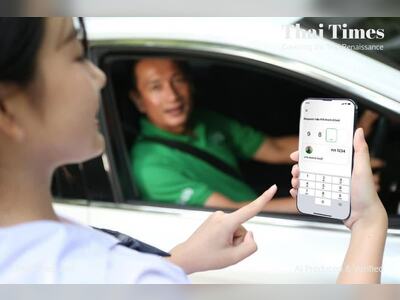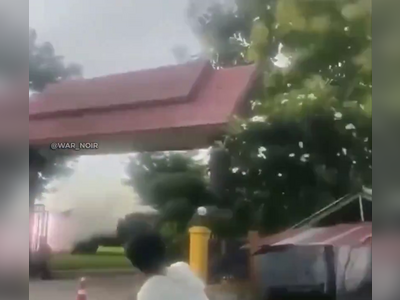Rise in Self-Diagnosed ADHD Among Adults
A recent study reveals that one in four adults in the United States suspect they have undiagnosed ADHD, influenced by social media. Despite this suspicion, only 13% have spoken to a doctor about it, raising concerns about the risks of self-diagnosis and incorrect treatment. Social media may help raise awareness of ADHD symptoms, but professional medical advice is crucial for a correct diagnosis and treatment.
In a recent study conducted in the United States, it was found that 25% of American adults suspect they have undiagnosed ADHD, influenced by social media content.
This survey included 1,000 participants and indicated that many adults realize their symptoms, such as issues with focus and restlessness, may signal ADHD.
Despite increased awareness, only 13% have discussed these suspicions with a healthcare professional, which raises concerns about self-diagnosis and potential mistreatment.
Psychologist Justin Barterian from Ohio State University warns that symptoms of anxiety, depression, and ADHD can overlap, leading to harmful outcomes if improperly treated.
It is estimated that 4.4% of those aged 18 to 44 have ADHD, with some diagnoses occurring later in life.
Barterian emphasizes the importance of professional diagnosis and treatment, noting that although social media can raise awareness, it should not replace medical consultation.
This survey included 1,000 participants and indicated that many adults realize their symptoms, such as issues with focus and restlessness, may signal ADHD.
Despite increased awareness, only 13% have discussed these suspicions with a healthcare professional, which raises concerns about self-diagnosis and potential mistreatment.
Psychologist Justin Barterian from Ohio State University warns that symptoms of anxiety, depression, and ADHD can overlap, leading to harmful outcomes if improperly treated.
It is estimated that 4.4% of those aged 18 to 44 have ADHD, with some diagnoses occurring later in life.
Barterian emphasizes the importance of professional diagnosis and treatment, noting that although social media can raise awareness, it should not replace medical consultation.











